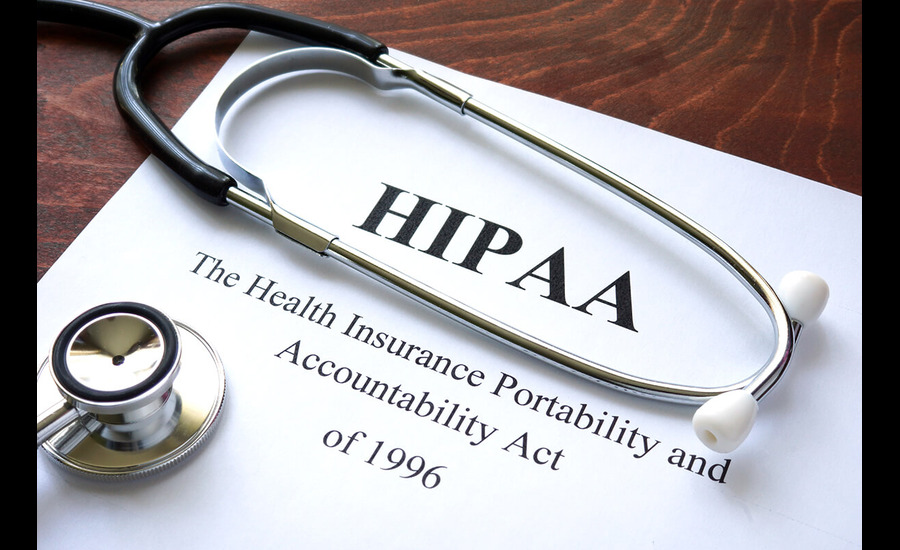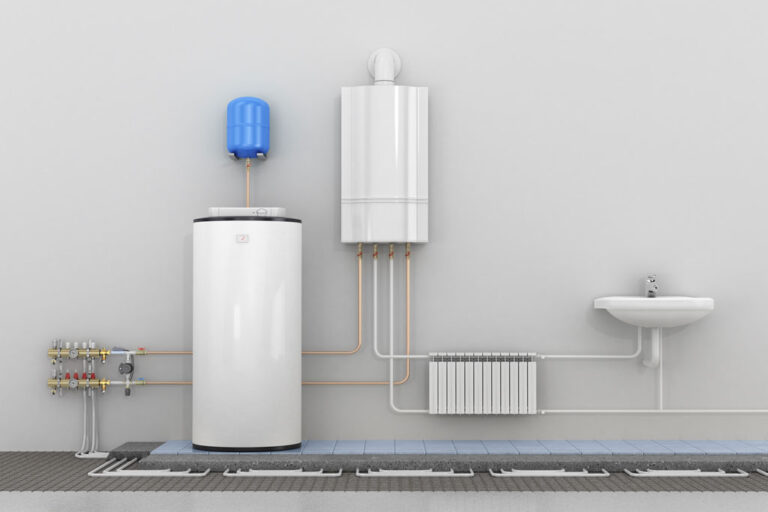Understanding HIPAA Regulations: A Guide for Healthcare Professionals
In the fast-evolving world of healthcare, safeguarding patient information has become paramount. The Health Insurance Portability and Accountability Act (HIPAA) regulations play a critical role in ensuring healthcare data privacy. For healthcare professionals, understanding these regulations is not just a legal obligation but a professional necessity. This comprehensive guide will delve into the essentials of HIPAA regulations, the significance of healthcare data privacy, and how HIPAA impacts healthcare professionals.
What is HIPAA?
HIPAA, enacted in 1996, is a federal law designed to protect sensitive patient health information from being disclosed without the patient’s consent or knowledge. HIPAA regulations encompass several rules and requirements that healthcare organizations and professionals must adhere to to ensure the privacy and security of health information.
Key Components of HIPAA Regulations
HIPAA is divided into several key components:
- Privacy Rule: This rule establishes national standards for the protection of health information. It mandates that healthcare providers, insurance companies, and their business associates maintain the confidentiality and security of Protected Health Information (PHI).
- Security Rule: This rule specifies administrative, physical, and technical safeguards that organizations must implement to ensure the confidentiality, integrity, and security of electronic PHI (ePHI).
- Breach Notification Rule: This rule requires covered entities to notify affected individuals, the Department of Health and Human Services (HHS), and, in some cases, the media of a breach of unsecured PHI.
- Enforcement Rule: This rule outlines the investigations and penalties for non-compliance with HIPAA regulations.
For a more detailed understanding of these components, you can refer to Insuranceopedia’s comprehensive guide to HIPAA.
Importance of Healthcare Data Privacy
In the digital age, healthcare data privacy is more crucial than ever. With the increasing use of electronic health records (EHRs), telemedicine, and other digital health solutions, ensuring the security of patient information is a top priority.
Protecting Patient Trust
Patients trust healthcare professionals with their most sensitive information. Ensuring the privacy of this information is essential to maintaining that trust. Breaches of healthcare data can lead to significant harm, including identity theft, financial loss, and damage to the patient’s reputation.
Legal and Financial Repercussions
Non-compliance with HIPAA regulations can result in severe legal and financial consequences for healthcare organizations. Penalties for HIPAA violations can range from fines to criminal charges, depending on the severity and nature of the breach.
Enhancing Healthcare Quality
When healthcare professionals can trust that patient information is secure, they can focus more on providing quality care. Effective data privacy measures can lead to better patient outcomes and overall improvements in healthcare delivery.
HIPAA for Healthcare Professionals
For healthcare professionals, understanding and adhering to HIPAA regulations is crucial. It is not just about compliance but also about fostering a culture of privacy and security within the healthcare organization.
Training and Awareness
Healthcare professionals must undergo regular HIPAA training to stay updated on the latest regulations and best practices for protecting patient information. This includes understanding how to handle PHI, recognizing potential security threats, and knowing how to respond to a data breach.
Implementing Safeguards
Healthcare professionals play a key role in implementing the administrative, physical, and technical safeguards required by HIPAA. This includes:
- Administrative Safeguards: Policies and procedures designed to manage the selection, development, implementation, and maintenance of security measures.
- Physical Safeguards: Measures to protect electronic systems, equipment, and data from threats, environmental hazards, and unauthorized intrusion.
- Technical Safeguards: Technology and related policies and procedures that protect and control access to ePHI.
Maintaining Patient Confidentiality
Healthcare professionals must ensure that patient information is only accessed and disclosed for legitimate medical purposes. This involves:
- Using secure methods for communication and data sharing.
- Limiting access to PHI to authorized personnel only.
- Regularly reviewing and updating security measures to address new threats.
Conclusion
HIPAA regulations are fundamental in protecting healthcare data privacy and ensuring the confidentiality of patient information. For healthcare professionals, understanding these regulations and implementing the necessary safeguards is essential. By fostering a culture of privacy and security, healthcare professionals can protect patient trust, avoid legal repercussions, and enhance the quality of care they provide.
By staying informed and proactive, healthcare professionals can navigate the complexities of HIPAA regulations and contribute to a secure and trustworthy healthcare environment.
For more information, Stay with, CyberPulseLTD






